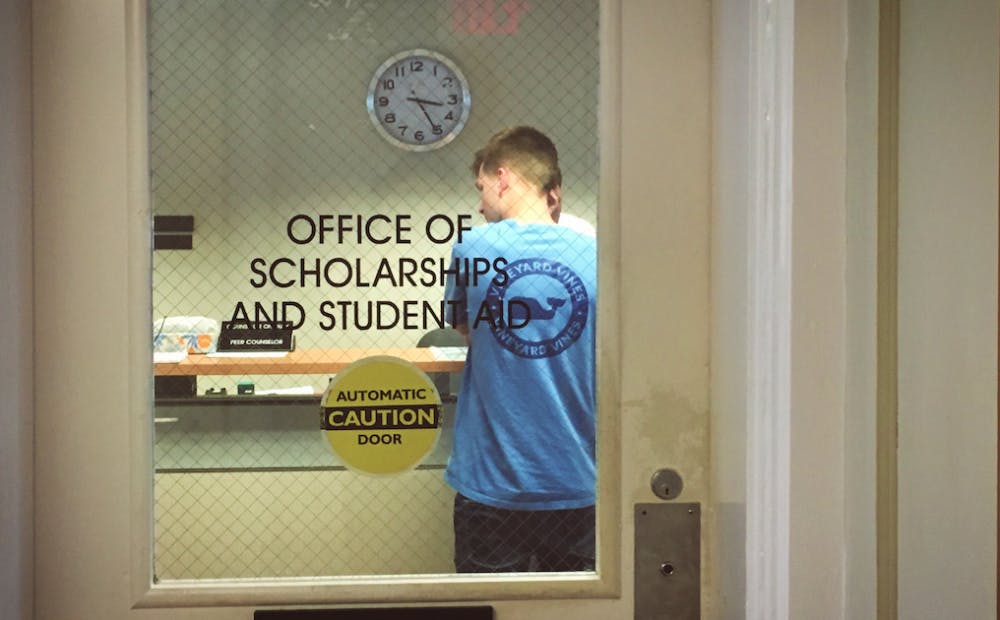“Madelyn, we're reaching out to share an update about your 2024–25 Free Application for Federal Student Aid (FAFSA) form.”
This was the opening line of the treacherous email that I received a few weeks ago. It continued:
“After submitting your form, you received a confirmation email stating that your FAFSA information would be shared with your school in late January. However, we're making further improvements [in adjusting our calculations]. We've adjusted our processing timeline to accommodate these updates, which means we'll start sending FAFSA information to schools in the first half of March.”
Though I was irked at what this email suggested, I was certainly not surprised.
Like most high school and college students nationwide, I had grown accustomed to dealing with the frustrating and vague updates sent out from the FAFSA: the notoriously complicated, unreliable and inaccurate application designed to help students obtain federal aid and loans.
After surveying your family’s assets, savings and income, the completed FAFSA — in theory — is what allows your university to design your financial aid package, complete with grants, need-based scholarships, Work-Study authorization and approval for federal loans.
Without correct completion of the FAFSA, no student is eligible for any need-based aid.
This year, the FAFSA has been delayed several consecutive times, resulting in a five-month delay in the delivery of financial information to schools. At the moment, it is unlikely that anyone will receive aid information until well into April.
This is extremely detrimental for students who need assistance in affording their desired school — or any school for that matter.



